Zhang Monan, Deputy Director of Institute of American and European Studies, CCIEE
Jul 24, 2023
Dialogues in China show America’s orientation toward “on-demand cooperation,” which is most likely to bear fruit in the green sector and with climate change. It may prove to be a starting point for the recovery of the relationship.
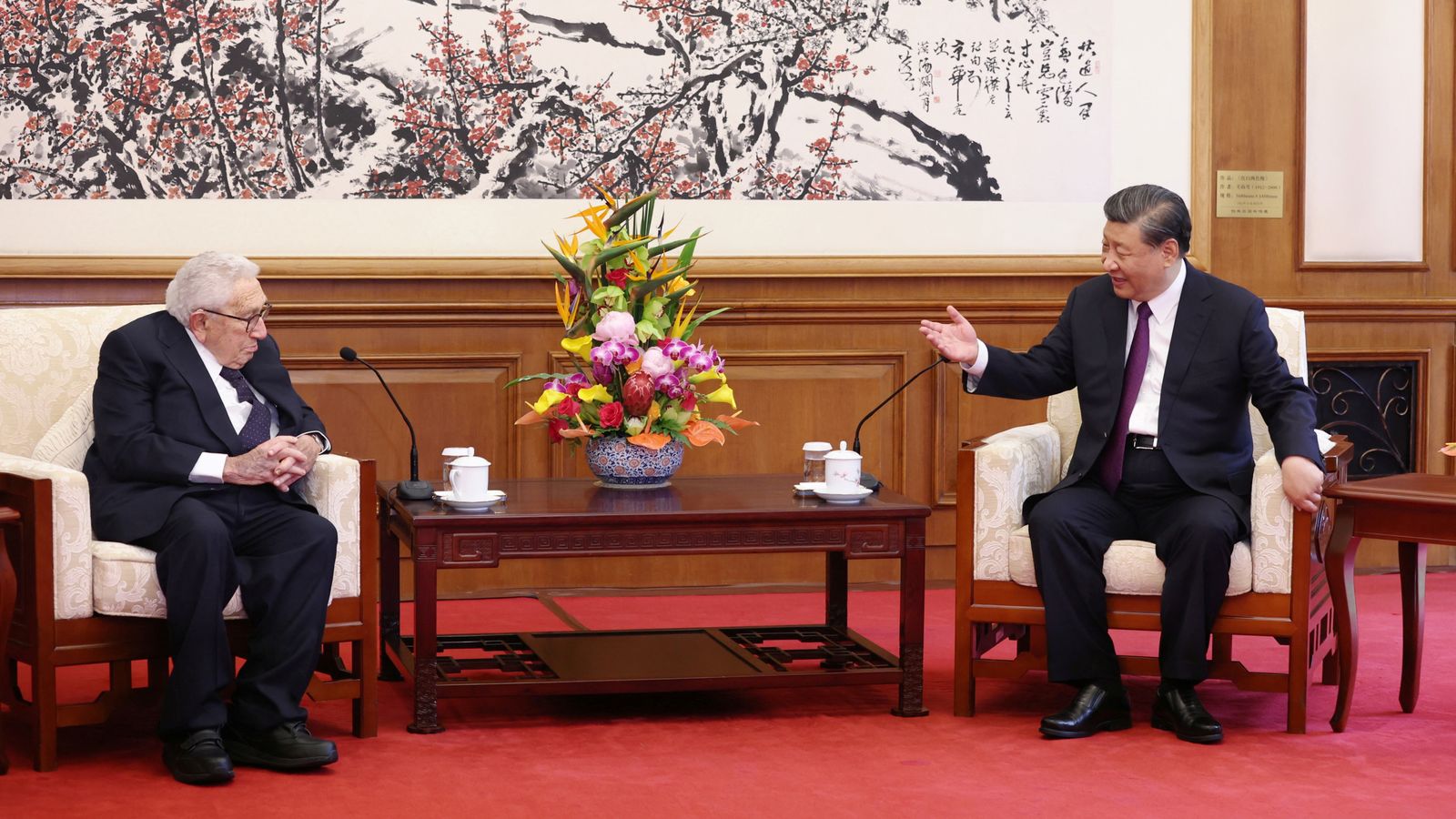
Sun Chenghao, Fellow, Center for International Security and Strategy of Tsinghua University; Munich Young Leader 2025
Jul 22, 2023
Tension between China and the U.S. is at a precarious point, the renowned diplomat noted, saying the trajectory of the relationship must be altered. In the short to medium term, there are still a significant number of opportunities.
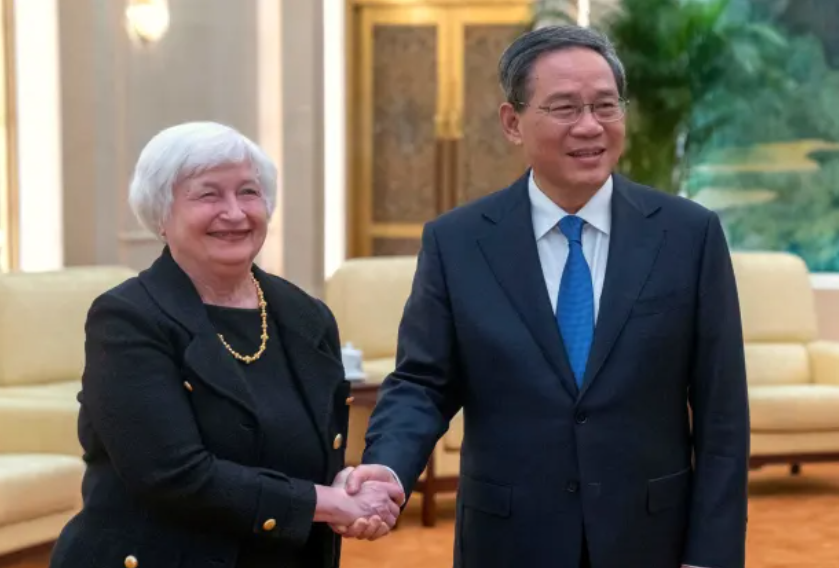
Nathaniel Schochet, Analyst and CJPA Global Advisors
Earl Carr, Founder and Chief Executive Officer at CJPA Global Advisors
Jul 21, 2023
In a series of recent high-level communication between China and the U.S., Treasury Secretary Yellen completed an official visit to China earlier this month. While the trip might indicate that a process towards renewal has finally begun, and pave the way for future dialogue, there were no tangible or immediate outcomes.
Richard Weitz, Senior Fellow, Hudson Institute
Jul 21, 2023
Talks between executive officials of the U.S. and China have resumed, after a disastrous start to the year. However, the presence of dialogue alone is no proof that substantial changes are in the works, as substantial changes have not emerged from current meetings.
Zhong Yin, Research Professor, Research Institute of Global Chinese and Area Studies, Beijing Language and Culture University
Jul 19, 2023
U.S. Treasury Secretary Janet Yellen’s visit to China served as a reminder of the integral relationship that exists between the two countries. While the U.S. now says it merely seeks de-risking in its trade policies, it should be careful not to throw the baby out with the bathwater.
Earl Carr, Founder and Chief Executive Officer at CJPA Global Advisors
Nathaniel Schochet, Analyst and CJPA Global Advisors
Jul 11, 2023
Confrontations between the U.S. and China are being amplified by a lack of communication between the military leaders of both sides, even as officials from other national bureaus continue to meet. Without proper means to defuse situations, the risk for escalation runs even higher.
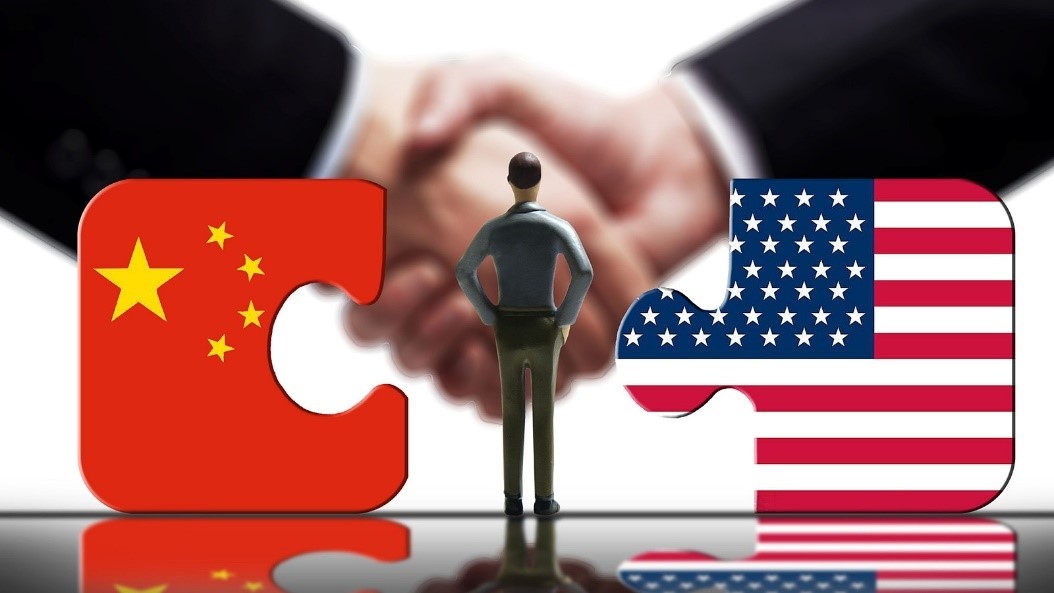
Sajjad Ashraf, Former Adjunct Professor, National University of Singapore
Jul 04, 2023
Washington’s increased presence in the Asia-Pacific region, along with the polarization of America’s political system, are intensifying the challenge of reaching a breakthrough with China. And as tensions grow, particularly surrounding Taiwan, the U.S. must build on the momentum from Blinken’s visit and seek compromise with Beijing.
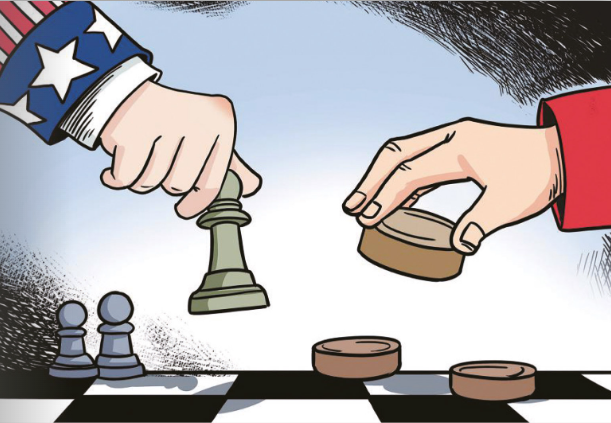
Yi Fan, a Beijing-based political commentator
Jul 03, 2023
When Tony Blinken last visited Beijing in 2016, he was there together with a large, cross-departmental delegation attending a range of bilateral dialogues. Those were better days for China-U.S. relations. Back then, perhaps even Blinken himself might not have thought that this relationship would take a drastic turn and hit “the lowest point” when he visited Beijing again – after a hiatus of seven years.
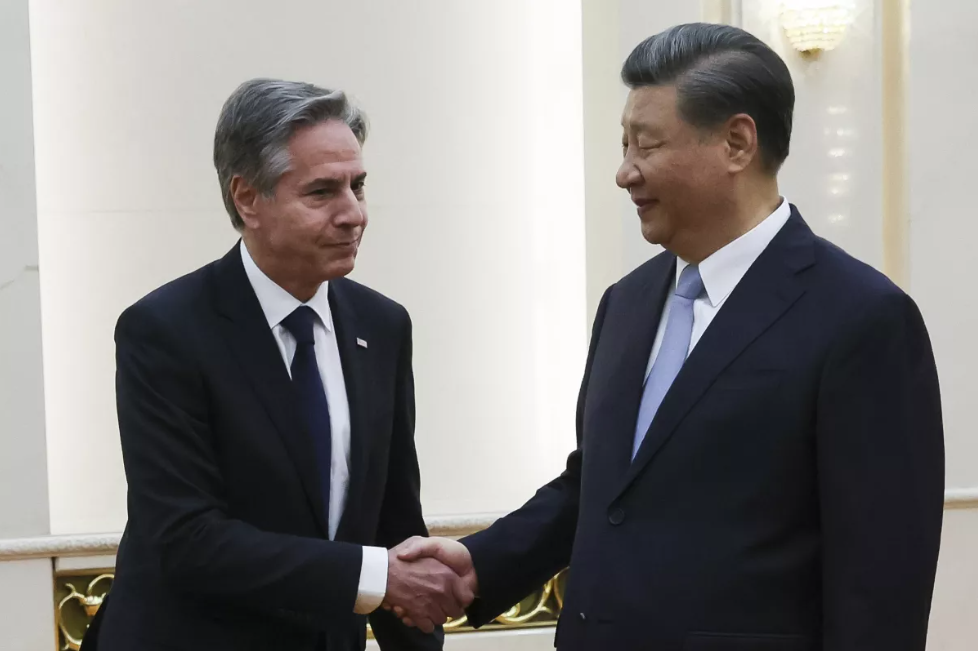
James Chau, Host, China-US Focus
Jun 29, 2023
Just as a pianist practises a new piece of music slowly, with attention to every phrase, keeping the first signs of goodwill between Washington and Beijing on track calls for a disciplined use of words. More educational exchanges and people-to-people interactions will also help improve understanding and dispel fear and suspicion.
Brian Wong, Assistant Professor in Philosophy and Fellow at Centre on Contemporary China and the World, HKU and Rhodes Scholar
Jun 29, 2023
U.S. Secretary of State Antony Blinken’s trip to China marked the first proper meeting between executive representatives from the U.S. and China since January’s balloon fiasco. Both countries are far away from signing into binding commitments with one another, but the summits alone provide a platform for communication to take place.
Back to Top

- China-US Focus builds trust and understanding between the U.S. and China through open dialogue among thought leaders.
- Our Offerings
- Topics
- Videos
- Podcasts
- Columnists
- Research Reports
- Focus Digest
- Stay Connected
-
Thanks for signing up!
- Get the latest stories from China-US Focus weekly.